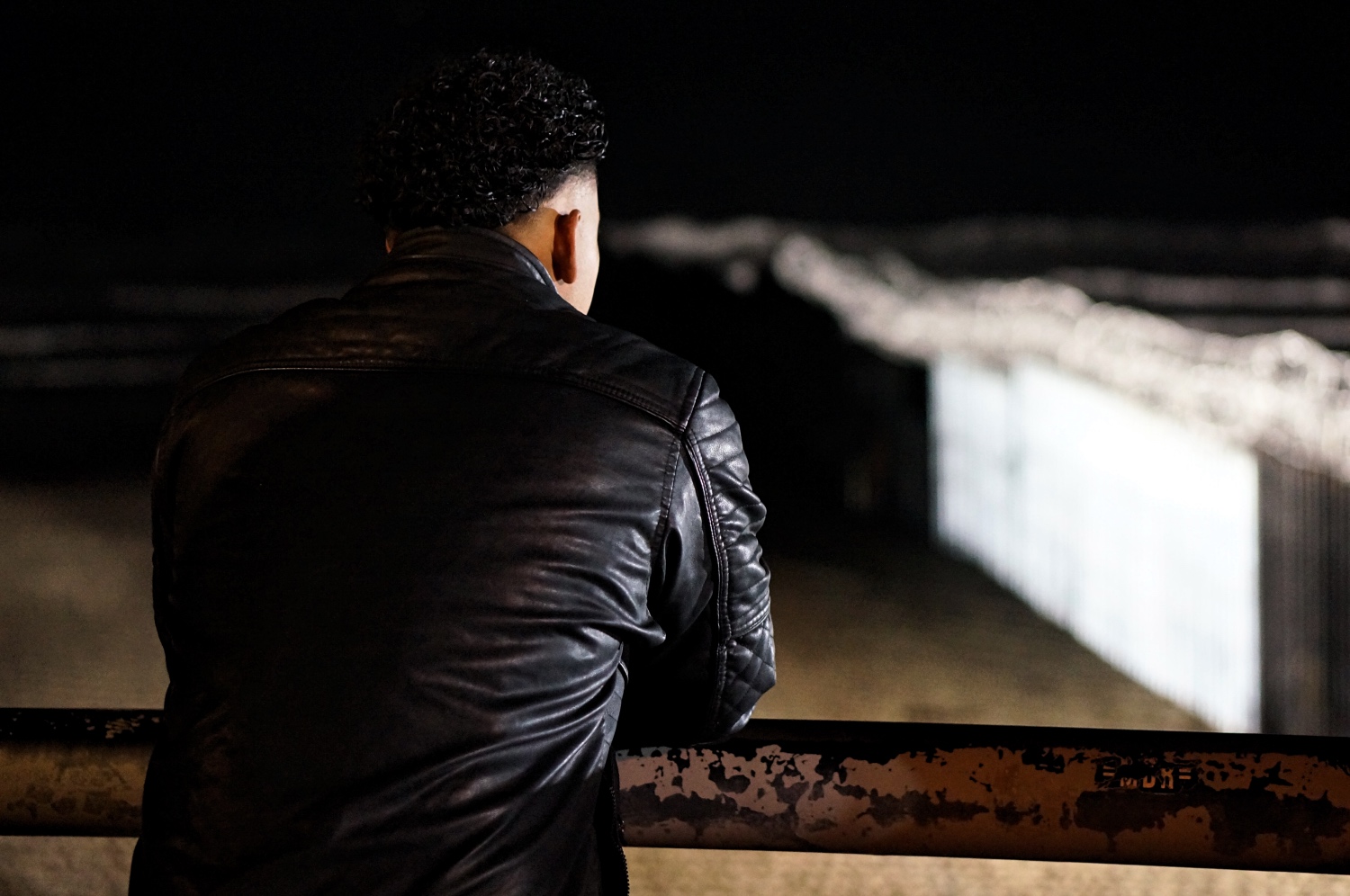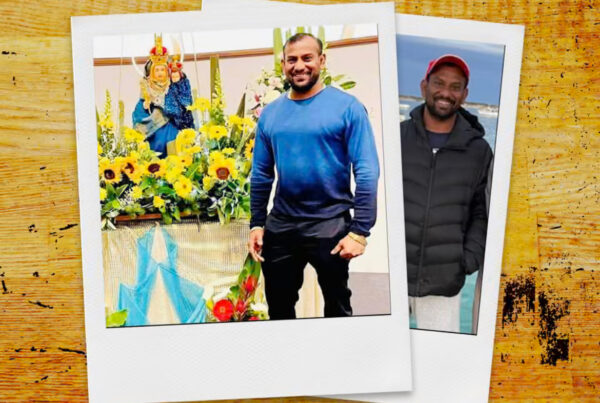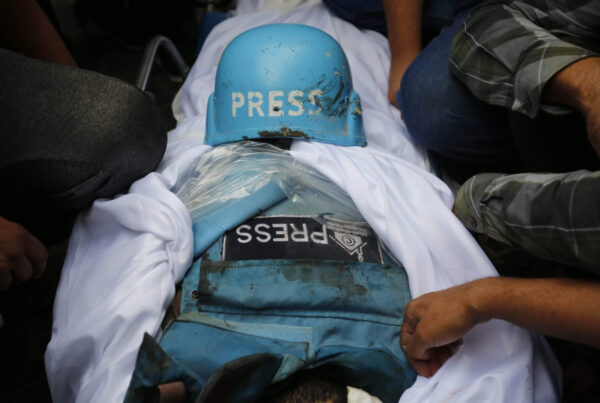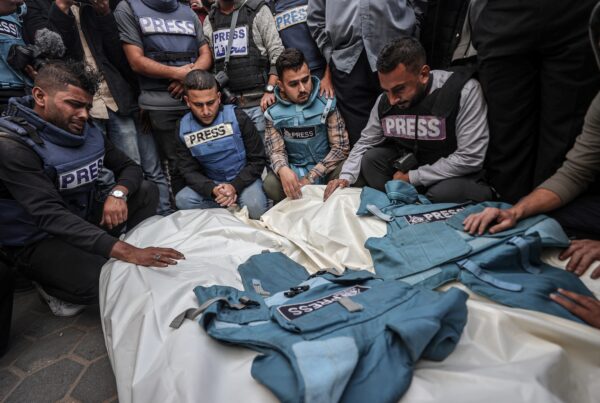This story was originally published by The Saturday Paper and by the 7am podcast.
Ali Jafari fled the Taliban regime in Afghanistan in 1999, aged 26, leaving behind his wife and three sons. He flew to Indonesia and then boarded a smuggler vessel to Australia, where he sought asylum.
After a short stint in immigration detention, he was granted a temporary protection visa and later a permanent resident visa. He then sponsored his family to join him in Australia. Once Ali had left Afghanistan, his wife and children escaped to Pakistan, where they lived as undocumented refugees, surviving on the remittances Ali sent home.
The family was reunited in 2010 after more than a decade apart. Two years later, Ali’s wife gave birth to their fourth son. After so much hardship, it appeared the family’s fortunes were finally improving. Their happiness, however, was short-lived. They didn’t know it at the time, but Ali was about to become embroiled in Australia’s war on people smugglers.
In the years after he was released from immigration detention, Ali opened a grocery store in Western Sydney with his friend Sayed Jaffarie. David Marr published a story on Sayed in The Saturday Paper in 2014.
The business relationship between Ali and Sayed became the centre of an ASIO investigation into suspected people smuggling activities. Two years of surveillance and phone taps led to raids on the shop and Ali’s home.
After Ali had applied for Australian citizenship, the Department of Immigration invited him to attend an interview. It turned out to be a surprise interrogation by two ASIO officers.
Court documents show that the officers asked Ali 1020 questions in roughly two hours – a question every seven seconds. No lawyer was present during the interview and the ASIO officers never advised him to obtain legal representation.
Ali, who isn’t literate in English, says he didn’t know what ASIO was at the time and didn’t understand the seriousness of the situation.
At the end of the interview, which took place in October 2012, Ali asked the officers if the interview was legal. An ASIO transcript of the security assessment interview shows they admitted that “using the disguise of a [citizenship] interview” could be “quite misleading”, but this was “regular practice”.
After the interview, Ali told his son Said: “I’m not scared. If I haven’t done anything wrong, I can’t get in trouble. No one is above the law. Not even the police.”
In May 2013, while Ali was visiting his mother in Pakistan, the director-general of ASIO issued him with an adverse security assessment and the then minister for immigration, Brendan O’Connor, cancelled his visa. Ali has remained in Pakistan ever since. Meanwhile, in Australia, Sayed’s visa was cancelled and he was incarcerated indefinitely in immigration detention, unable to be deported to Afghanistan.
ASIO had come to believe that Ali and Sayed were sourcing customers among the Afghan Hazara community in Sydney for a people-smuggling syndicate based in Indonesia.
Ali and Sayed have never been charged in a criminal court and they both deny any involvement in people smuggling. Neither of them has seen the evidence that determined their fates.
What happened to Ali and Sayed was neither accidental nor anomalous.
People smuggling is one of the most serious criminal offences under Australian law. The aggravated offence – which includes bringing at least five people into the country irregularly – carries a maximum jail sentence of 20 years.
Australia’s anti-smuggling laws deviate from international law, which includes a “humanitarian exception” for people smugglers who act with altruistic intent. Australian law has no such exception, criminalising all forms of people smuggling regardless of motivation.
Despite this broad scope, Australian authorities have struggled to identify, charge and prosecute organisers of people smuggling ventures, particularly those based abroad.
The majority of people-smuggling prosecutions in Australia have involved the Indonesian crew of the vessels rather than the main organisers, as it is easier to prove their guilt.
Faced with these prosecutorial challenges, the Labor government employed the national security apparatus to police people smugglers.
An amendment to the Australian Security Intelligence Organisation Act in 2010 broadened the definition of national security to include “the protection of Australia’s territorial and border integrity from serious threats” and gave ASIO the power to investigate and provide security assessments for suspected people smugglers.
Based on these assessments, temporary residents believed to be a security risk can have their visas cancelled, be placed in immigration detention, or deported without criminal trial.
Whereas a criminal prosecution must gather evidence and prove guilt beyond a reasonable doubt, ASIO operates to a far lower burden of proof. They only need to provide evidence of perceived risk to national security and do not have to prove criminal conduct.
This elevated people smugglers to a similar level of threat as terrorists.
These powers were further enhanced by the Migration Amendment (Character and General Visa Cancellation) Act 2014, aka the Character Act, which gave the minister or a delegate the power to cancel or refuse a visa if they were satisfied that an individual did not pass the “character test”.
A person can fail the character test if the minister “reasonably suspects” that the person has been or is involved in people smuggling; is suspected of having an “association” with a criminal group, such as a smuggling network; or if there is a “risk” that the person might engage in criminal conduct in Australia.
These legislative changes have given the executive extraordinary powers to bypass the judicial system in its management of the borders. Foundational concepts of justice such as the presumption of innocence or the burden of proof have become secondary to the federal government’s obsession with territorial sovereignty.
After Ali’s visa was cancelled, his wife had a breakdown and his eldest son, Said, assumed responsibility for his father’s case. He was still in high school at the time and had arrived in Australia only three years earlier.
The family relied on his part-time income to survive while he completed his final year of school.
“I was too young to help and I had to work,” Said says. “We were hopeless.”
The family did not understand the administrative process and, so far as they could tell, there were no actual charges to appeal.
Their solicitor, Jeremy Szeto, applied for a merits review of Ali’s security assessment, for which Ali was eligible as a permanent resident. It took two years before court proceedings were finalised.
In court, the family discovered that the evidence behind Ali’s security assessment was deemed confidential and would only be revealed in a closed hearing, without the presence of Ali’s family or legal team.
Prior to court, two freedom of information requests for documents relating to Ali’s case were both rejected.
Ali’s legal team was supplied with an unclassified “Statement of Grounds” that alleged Ali was a “prominent member of the Sayed Abbas maritime people smuggling syndicate in Australia”.
At that time, Sayed Abbas was alleged to have organised as many as 40 separate smuggling ventures from Indonesia to Australia. The Australian government had requested his extradition from Indonesia on 27 charges, but he had not yet been convicted of any smuggling offences.
The counsel for ASIO admitted that, based on the unclassified material alone, the adverse security assessment “should not be upheld”. However, their core argument was made in the classified evidence, which Ali and his legal counsel were prohibited from viewing.
Based on this “confidential” evidence, the tribunal was satisfied that Ali was an associate of Sayed Abbas and had been involved in people smuggling activities.
“When ASIO gets you, you can’t get the information,” Said said after the court case. “You never get to know what happened. That’s why no one wins.”
According to Nick Poynder, Ali’s barrister: “It was a travesty of justice.”
Based on untested evidence, Ali had his visa revoked, was banished from Australia, separated from his family and left in a country where he held no legal status.
Australian authorities used ASIO’s security assessment to avoid a criminal case and as a surreptitious way to deport Ali, a refugee who had been offered protection by the state. His associate, Sayed, was held in immigration detention for more than a decade before being released in 2023, seemingly no longer a threat to national security.
The decision to cancel Ali’s visa was at the discretion of Brendan O’Connor, who considered Ali’s refugee status, the best interests of his family in Australia and the hardship that would befall them as a result of Ali’s visa cancellation. The minister decided these concerns were “outweighed by the nature and seriousness of ASIO’s assessment”.
Ali has remained in Pakistan ever since, unable to work, and fearful of being targeted by extremist groups or of being arrested and deported to a Taliban-ruled Afghanistan. He survives on the money his children send him.
“I miss him a lot,” Said says. “But I don’t talk too much at home because it will make my mum miserable. I have to act strong for my mum and my brothers.”
Said remains determined for justice. “People will come to know how unfair this is,” he says.
Ali is less positive. He is despondent about his future.
“Twelve years I am far from my family, from my children. It’s a very hard life.”



